While COVID-19 has consumed 2020, it will not be the last public health crisis the world sees. To avoid future missteps, we must take an honest look at not only the U.S. response – and efforts to continue to manage the virus – but our policies and their implementation.
In most organizations, some degree of turnover is actually a good thing as organizations inhale new talent and ideas along with the related educational and thought diversity. Conversely, governmental enterprises are prone to have relatively stable workforces that survive beyond political regimes. The incentives are geared to retaining workers who seek retirement rather than provoking normal turnover. Such is the case with the federal bureaucratic infrastructure that oversees health and public health. Therefore, a focus on the development and implementation of rules, policies and programs is appropriate.
Please keep two things in mind: 1) a good plan poorly implemented or with players who are not up to the task will inevitably have poor results, and 2) the next public health challenge (whatever it might be) will be dealt with by this same bureaucratic infrastructure. We likely will be confronted with these same kinds of issues again from testing capacity (and accuracy) to quick approvals for medications to coordinated public health response to name a few.
Football gives a great example. A brilliant play properly developed but poorly executed results in no points on the board or yards gained. To be successful, execution relies on the team. This is directly relevant to health policy. With the current COVID-19 pandemic, the public health policies have been developed, influenced, evaluated and implemented by a bureaucratic infrastructure that is uniquely American.
The regulatory system with embedded structures, processes, cultures, and personnel that are trained to avoid risks and by default preserve the status quo. It moves slowly. Legislation often leaves room for interpretation and that interpreting can fall victim to an individual’s outlook – sometimes political, sometimes not. Those developing regulations are rarely rewarded for positive actions, but are penalized for failures. This limits incentive to improve the system. But to achieve meaningful constructive change, and be better prepared for a future crisis, we must improve the system.
We must recognize that no meaningful change will ever occur unless we have these discussions. Openly. Honestly. Whether and how rapidly change can or will occur is a question but it will clearly take time. But, we should start.
For a closer look on this issue, see Ted’s paper: Bureaucracy and the Pandemic – The Real World View – published on Academia.edu
Featured news
Ted’s Take: Errors in formulas and what it means for AI
Spinach is the best source of iron. I’ve understood this for decades now. As I ate more and more healthy foods, I’d choose spinach salads because of the “great” nutritional value, particularly iron.
Ted’s Take: An ounce of prevention
They stay an ounce of the prevention is worth a pound of cure. Isn’t it the truth.
How physicians are paid
Despite a growing need for general practitioners, the Medicare system is not helping with this shortage given the maldistribution of reimbursement between general medical providers and surgeons and other specialists.

Jayne Koskinas Ted Giovanis
Foundation for Health and Policy
PO Box 130
Highland, Maryland 20777
Media contact: 202.548.0133


